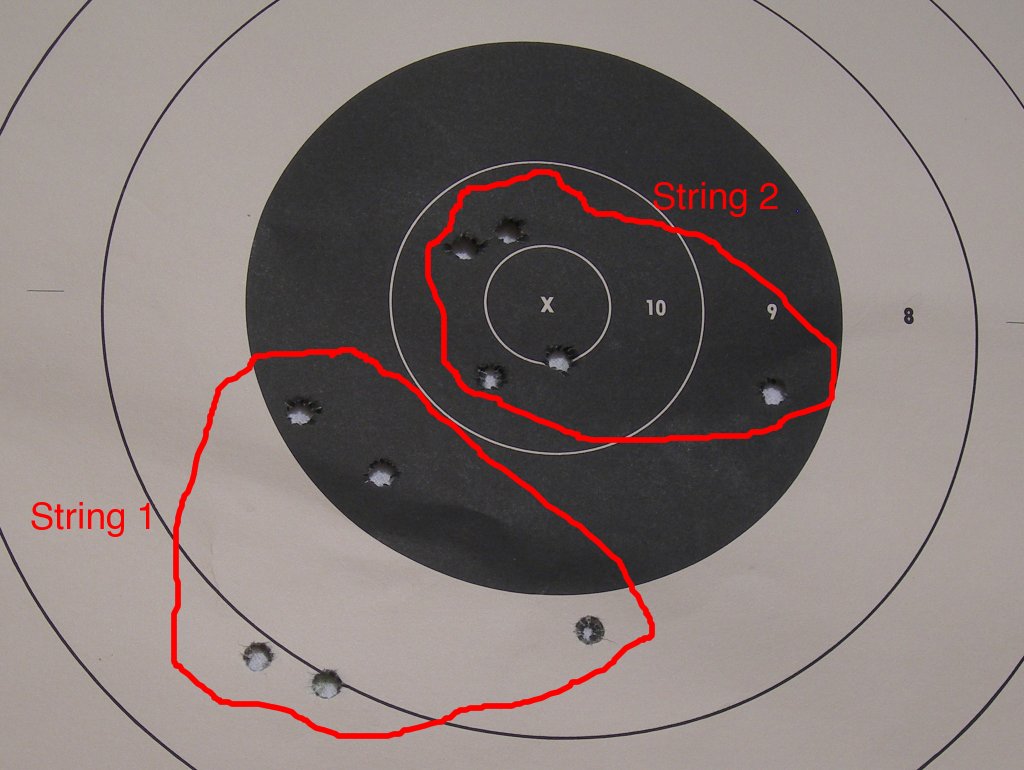Introduction
The Brady Campaign would appear to be going through discovery in trying to build it’s case against the rule change that allows people with state licenses to carry a firearm in a National Park in states which allow for such a thing. Their press release here and blog post here give some idea of what their public line of reasoning is, but you can find the actual complaint here.
Organic Act Claims
They make many claims in the pleadings, but one of them is that these regulations are actually required in order for the NPS to fulfill its goal under the National Park Service Organic Act. One would have to wonder, then, how the National Park System was misregulated from the years 1916, when the Organic Act was passed, until 1960, when the National Park Service first promulgated regulations on carrying of firearms within the National Park System. Either way, the Brady Claim under the Organic Act is that by allowing concealed firearms, they put the people in danger, and threatens other’s enjoyment of the parks.
NEPA Claims
The second, and probably more interesting claim is that the Department of the Interior violated the National Environmental Policy Act, which requires federal agencies to perform an Environmental Impact Statement on any federal action which “may significantly impact the qualify of human environment.” The NPS claimed in the rule which eventually appeared in the Federal Register on December 10th, that:
Consistent with this commitment, we have analyzed the final rule under NEPA and concluded that (i) the action is subject to a categorical exclusion under 43 CFR 46.210 since the final regulation is in the nature of a legal change to existing regulations, and (ii) no “extraordinary circumstances” exist which would prevent the proposed action from being classified as categorically excluded.
That regulation that covers that claimed exclusion is here. NEPA requires all federal agencies to promulgate regulations to implement their compliance with NEPA, which DOI has done. The exclusion claimed under the Department of Interior regulations are among the category of “Categorical Exclusions” which are allowed by the agency regulations promulgated in 40 CFR 1508.4.
Categorical exclusion means a category of actions which do not individually or cumulatively have a significant effect on the human environment and which have been found to have no such effect in procedures adopted by a Federal agency in implementation of these regulations (§1507.3) and for which, therefore, neither an environmental assessment nor an environmental impact statement is required.
Brady’s claim under NEPA is essentially that concealed weapons represent a threat to human health, and thus an Environmental Impact Statement must be prepared.
APA Claims
The third leg of the Brady Campaigns case asserts that the Department of Interior violated the Administrative Procedure Act (APA) which is the federal law that outlines the rulemaking process. The Brady assertion under this act is that their new rule was “arbitrary, capricious, an abuse of discretion […]” Largely because the DOI “acted hastily and in utter disregard of the procedural mandates of the APA […] Indeed, in their rush to judgement, defendants failed to adequately consider and address most of the approximately 125,000 comments that opposed this rule change, including the Brady Campaign’s comments, in violation of the APA.” I’m pretty sure the vast majority of the public comments were in favor of this rule change, and that most of those 125,000 comments were pro-gun.
Conclusion
In their Prayer for Relief, the Brady Campaign is not only asking for this rule to be overturned, but also for a permanent injunction to be placed on the Department of Interior from ever promulgating any regulation allowing for possession of loaded and concealed firearms in National Parks. I think the Brady case is pretty weak, but it will be up to the Solicitor, now under Obama, to defend this regulation in court, so it’s hard to say what will happen. It’s amazing that their hysteria and desperation manages to come through clearly in their pleadings, and I also think it’s interesting they mislead the court that there were huge numbers of public comments against this rule change. Let us hope this regulation stands.


